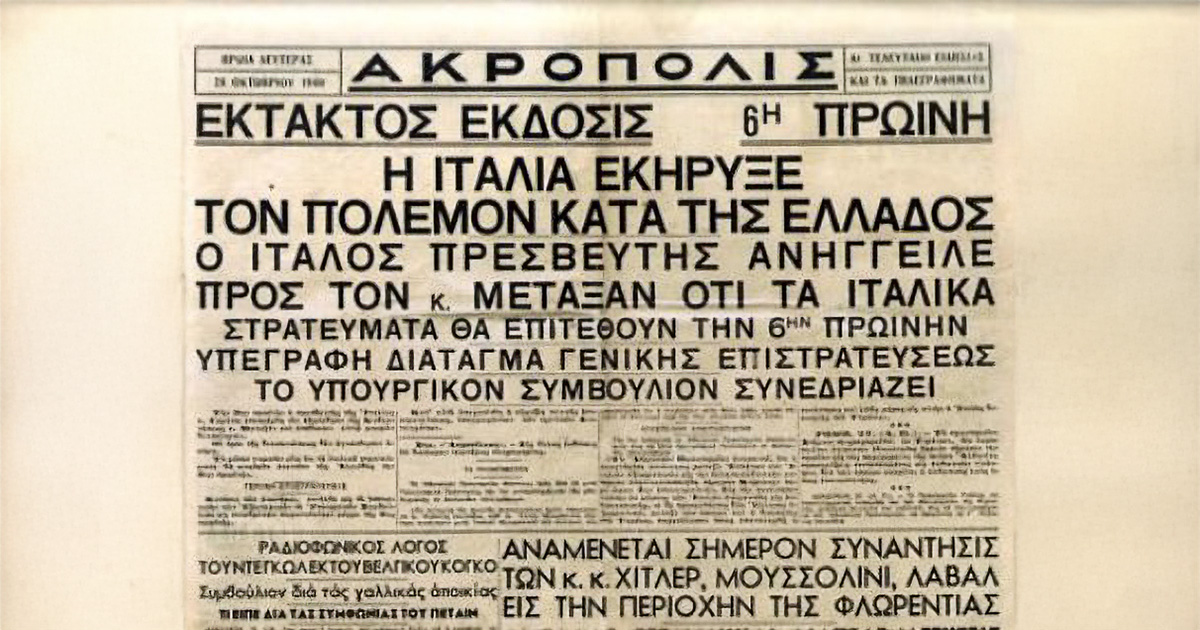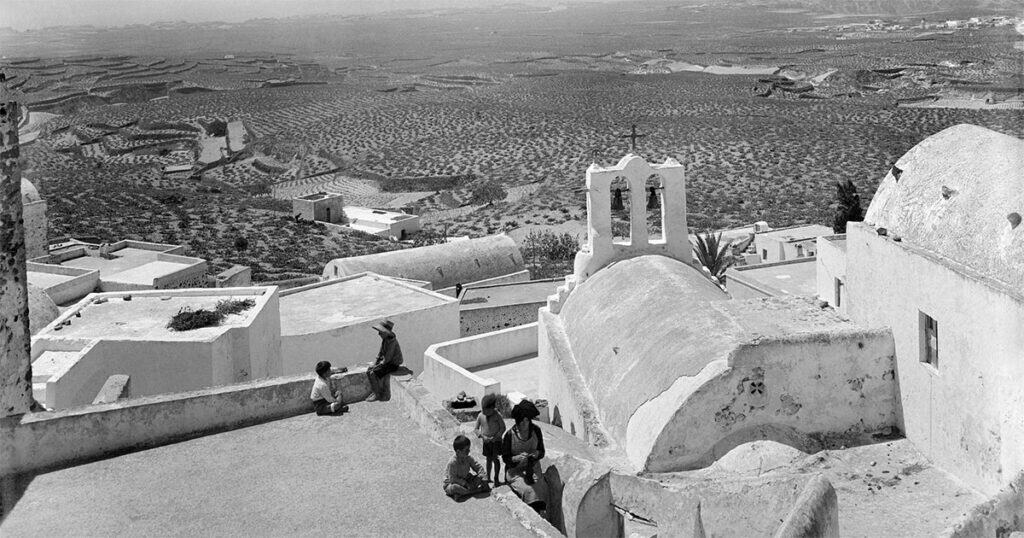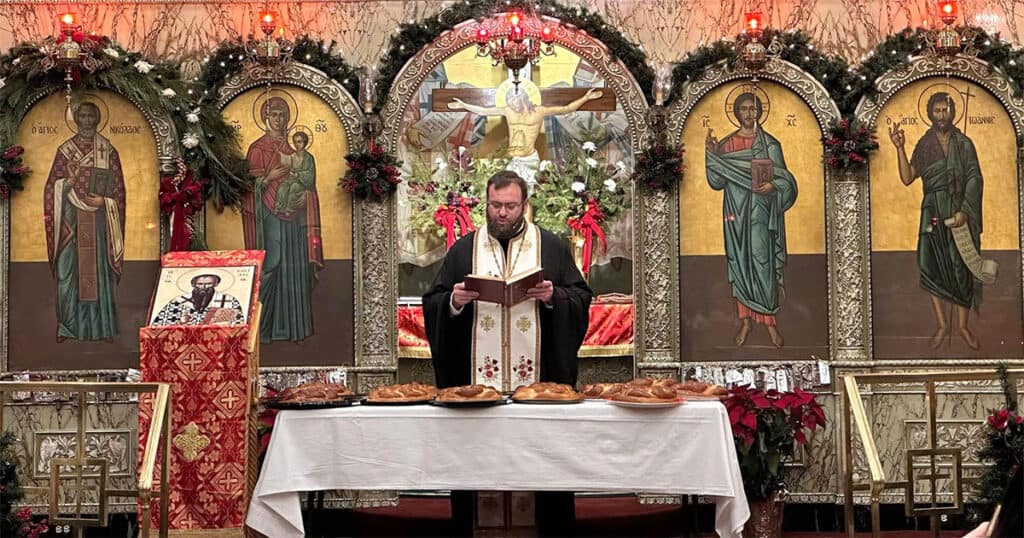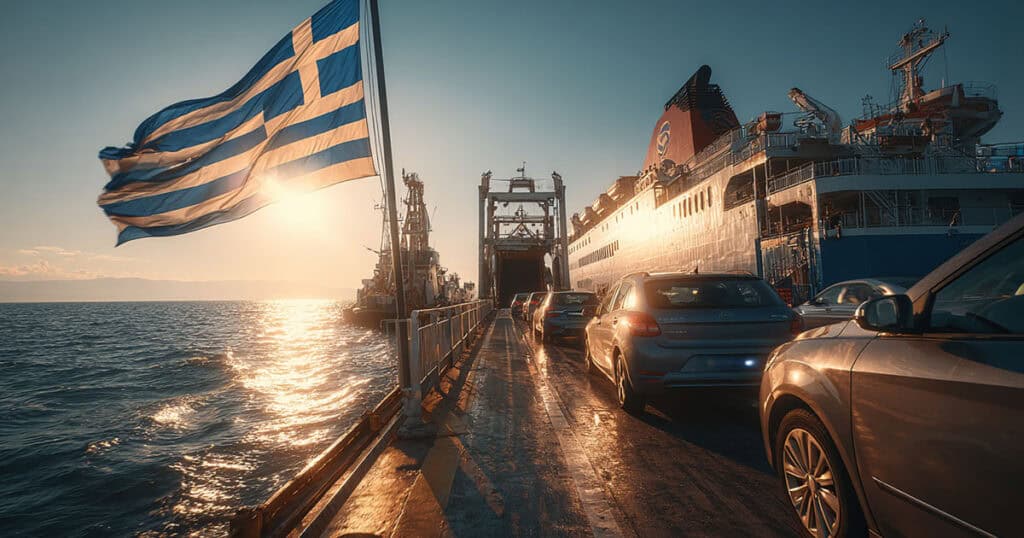It was 3 AM on October 28, 1940, when the doorbell rang at Prime Minister Ioannis Metaxas‘ residence in Athens. Like many dramatic moments in history, this one began with something as simple as a doorbell. The Italian ambassador, standing in the pre-dawn darkness, carried an ultimatum that would change the course of World War II.
Imagine being woken up in the middle of the night to face a choice that could doom your entire nation. That’s exactly what happened to Metaxas that morning. The ultimatum was clear: allow Italian forces to occupy strategic positions in Greece, or face war with one of Europe’s strongest military powers.
The world was a frightening place in 1940. Nazi Germany had already swept through much of Europe like a dark tide. France had fallen. Britain stood alone. And now Mussolini, Hitler’s ambitious ally, had set his sights on Greece.
But sometimes the biggest moments in history turn on the smallest things – like a single word.
“No.”
That’s what Metaxas said. Actually, he reportedly replied in French, “Alors, c’est la guerre” (Then it is war), but it was his defiant “No” – “Όχι” (Oxi) in Greek – that captured the imagination of his people and the world. Within hours, this response spread throughout Athens, then across Greece, igniting a spirit of resistance that would have far-reaching consequences nobody could have predicted.
You might wonder: what made this little word so powerful? After all, Greece was a small country facing the might of fascist Italy, backed by Nazi Germany. On paper, it looked like a David versus Goliath scenario – and we all know how those usually end in modern warfare.
But here’s where history took an unexpected turn.
The Italian army, confident of an easy victory, invaded from neighboring Albania. What they didn’t expect was the fierce resistance they encountered. Greek soldiers, many of them ordinary farmers and shopkeepers, fought back with everything they had. Local women trudged up mountain paths carrying supplies and ammunition. Children served as messengers. An entire nation mobilized overnight.
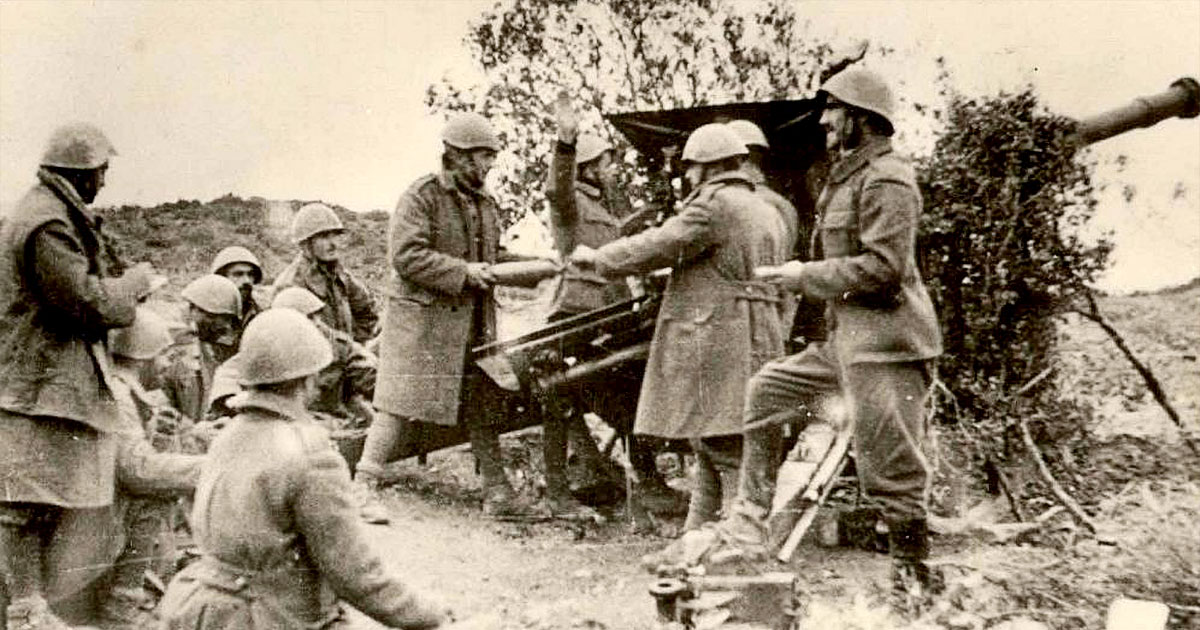
And then something remarkable happened: Greece didn’t just resist – it pushed back. The Greek army began driving the Italians back into Albania, scoring the first major Allied victory against Axis forces in World War II. This wasn’t supposed to happen. It defied everyone’s expectations, including Hitler’s.
Let that sink in for a moment. A small country, through sheer determination and courage, had just handed Mussolini his first defeat. The impact on global morale was electric. At a time when Nazi Germany seemed unstoppable, Greece had proven that the Axis powers weren’t invincible after all.
But the ripple effects of that single “No” went far beyond boosting Allied morale. Hitler, furious at his ally’s humiliation, was forced to delay his invasion of the Soviet Union to bail out Mussolini. He had to divert troops and resources to subdue Greece first. This delay proved catastrophic for Nazi Germany – instead of reaching Moscow before winter, German troops found themselves frozen in the Russian snow.
Think about that chain of events. One word of defiance from a small country forced Hitler to postpone his invasion of the Soviet Union, ultimately contributing to Nazi Germany’s defeat. The Greek resistance so impressed the world that it gave rise to one of the most famous quotes about Greek bravery: “Hence we will not say that Greeks fight like heroes, but that heroes fight like Greeks.”
While this quote is often attributed to Winston Churchill, it’s interesting to note that historians have found no evidence of Churchill actually saying or writing these exact words. The phrase likely emerged from the collective admiration for Greek courage during this period, when Churchill and other Allied leaders frequently praised Greece’s remarkable resistance.
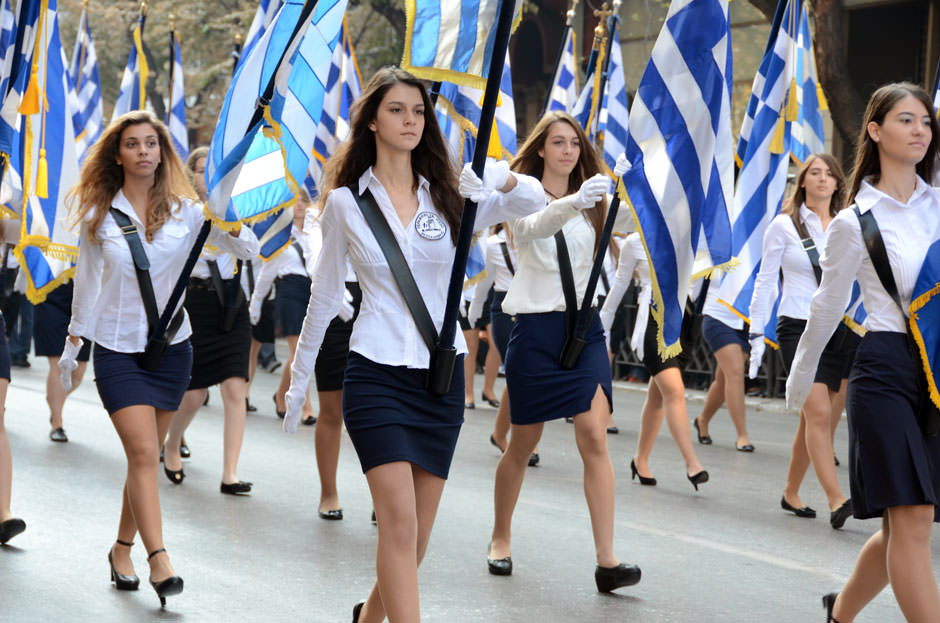
Today, every October 28th, Greeks celebrate “Oxi Day.” Children parade in streets, flags wave from buildings, and people lay wreaths at monuments. But it’s more than just a celebration of the past. It’s a reminder that sometimes the most powerful resistance begins with a single word: “No.”
In our own times, when it often feels like standing up to bigger powers is futile, Greece’s “No” reminds us that history can turn on the courage of small nations – and even single words. The echoes of that pre-dawn decision in 1940 continue to resonate, teaching us that when faced with a moral choice between submission and resistance, sometimes all it takes is the courage to say “No.”
That simple word, spoken in the darkness of an October morning, helped light a path to freedom that we still walk today.
The next time you think one person or one nation can’t make a difference, remember that morning in Athens. Remember how a single word of defiance, backed by the courage of ordinary people, changed the course of the greatest war in human history. Remember Oxi Day.
If this story of courage and resistance moved you, consider sharing it with others. In today’s world, where acts of bravery and defiance still shape our future, the lesson of Oxi Day remains powerfully relevant. Share this piece on your social media, and help keep this remarkable story alive. Perhaps someone in your network needs to hear this message today – that even in the darkest times, one word, one person, one nation can stand up and change history. After all, isn’t that what the Greeks taught us on that fateful October morning?
